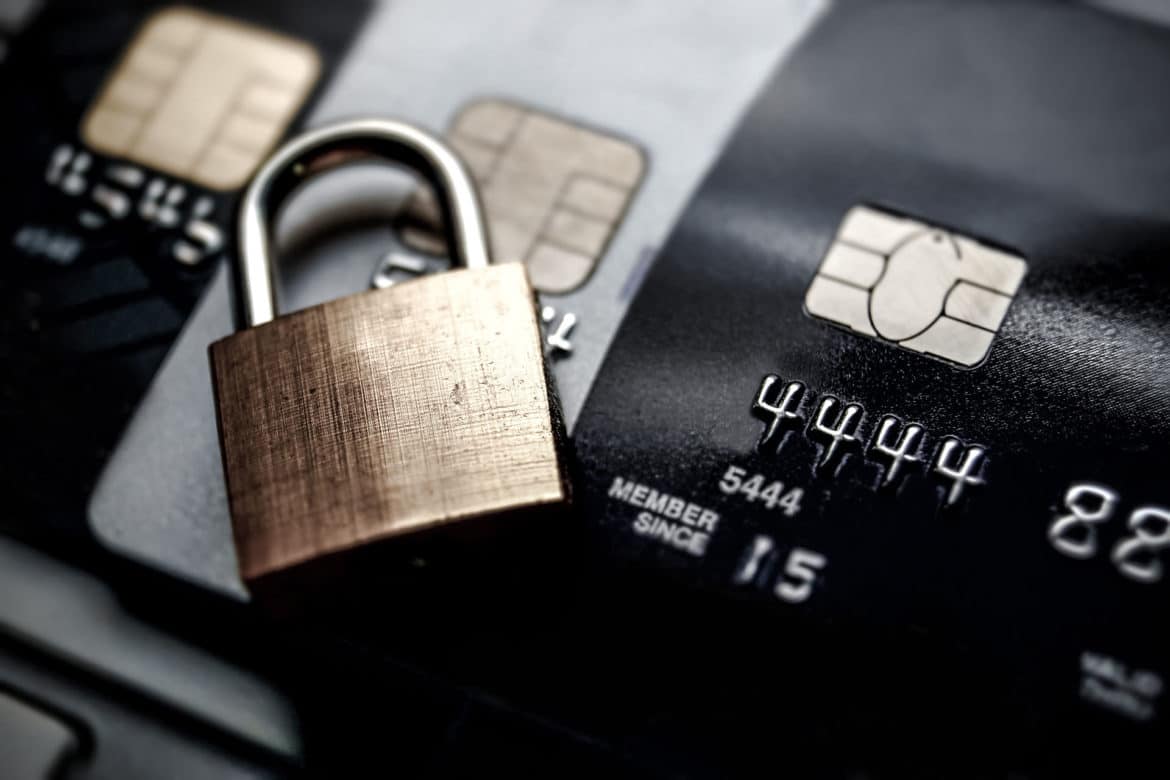How to Build Credit Fast: 18 Smart Strategies That Actually Work
Your credit score can open doors—or slam them shut. It affects whether you get approved for a loan, what interest rate you’ll pay, and even your ability to rent a place or get a job. If you’re starting from scratch, trying to rebuild, or just want to bump up your score, you’re in the right place.

This guide breaks down 12 proven strategies to help you build credit the right way. You’ll learn how credit scores actually work, which habits have the biggest impact, and which tools can help you see results faster. Whether you’re looking to qualify for your first credit card or just want better loan terms, these are the steps that get you there.
What Affects Your Credit Score the Most?
Before you start building credit, it helps to know what you’re working with. Credit scores are calculated using five main factors:
- Payment history (35%) – Paying your bills on time is the single most important thing you can do to build good credit.
- Amounts owed (30%) – This looks at how much debt you carry compared to your total credit limit. Lower balances usually mean better scores.
- Length of credit history (15%) – The longer your accounts have been open, the better. This shows lenders you have experience managing credit.
- Credit mix (10%) – Credit scores improve when you have more than one type of account, like a credit card and a loan.
- New credit (10%) – Applying for too many new accounts in a short period can temporarily lower your score.
These categories work together to form your credit profile—and small changes in each area can add up fast.
How Long It Takes to See Results
You can usually see some improvement within a few months of consistent positive activity. Bigger changes, like recovering from late payments or building from zero, often take six months to a year.
What’s Considered a “Good” Credit Score?
Most credit scores range from 300 to 850. In general:
- 670 and above is considered “good”
- 740 and up is “very good”
- 800 or more is “excellent”
But you don’t need a perfect score to get approved. A score in the mid-600s can still qualify you for loans, especially if your income and debt levels are in good shape.
Step 1: Master the Basics of Credit Building
Before you open new accounts or worry about credit mix, start with these fundamental habits. They form the foundation of a strong credit profile.
- Keep your spending below your income – If you consistently spend less than you earn, you’ll avoid debt and stay on top of your bills. This single habit supports every other credit-building move.
- Always pay your bills on time – Payment history makes up 35% of your credit score. Even one late payment can stick around for years. Set reminders, use autopay, or write it on your calendar—whatever keeps you on track.
- Pay more than the minimum (if you can) – Paying the minimum keeps your account in good standing. But paying extra helps you pay off debt faster and reduce your interest costs. That can lead to better credit in less time.
- Set up autopay or alerts to avoid missed payments – Automatic payments or calendar reminders are an easy way to prevent slip-ups. Even one missed payment can hurt your score, so make on-time payments automatic.
Step 2: Use Credit Cards to Your Advantage
Credit cards can help or hurt your credit. Use them strategically, and they’ll become one of the most powerful tools for boosting your score.
- Start with a secured credit card – If you’re new to credit or rebuilding, a secured credit card is a low-risk way to get started. You’ll need to put down a deposit, but your activity still gets reported to the credit bureaus.
- Keep your utilization below 30% (ideally under 10%) – Credit utilization is how much of your available credit you're using. Keeping balances low shows lenders you’re not overextended.
- Choose a no-fee card with rewards (once you qualify) – Once you improve your credit, look for a card that doesn’t charge an annual fee and offers cashback or points. Just make sure you pay it off in full every month.
- Avoid opening too many cards—and don’t close old ones – New accounts can lower your average credit age, and too many at once can ding your score. Old accounts help your score just by staying open—even if you don’t use them often.

Step 3: Build Credit Without a Credit Card
You don’t have to use a credit card to build credit. These alternatives can also give your credit score a boost.
- Apply for a credit builder loan – These small loans are designed to help you build credit. You make fixed payments over time, and the money is returned to you at the end. It's a safe way to prove you can handle debt.
- Report rent or utility payments to the bureaus – Some services will report your rent, phone bill, or utility payments to the credit bureaus. If you already pay on time, this is an easy win.
- Use a co-signer if needed – If you can’t qualify for a loan or credit card on your own, a co-signer with better credit can help you get approved. Just remember: if you miss a payment, it affects their credit too.
Step 4: Apply for New Credit the Smart Way
Opening new credit accounts can help your score—but only if you do it strategically. Apply with a plan, not on impulse.
- Only apply for credit you actually need – A new loan or credit card can help build your score, but too many accounts can hurt more than help. If you don’t need it, skip it.
- Space out your applications – Every time you apply for credit, your score can dip a few points. Apply for one account at a time, then wait several months before the next. This gives your score time to rebound.
- Limit hard inquiries to 5 or fewer per year – Most lenders get nervous if they see a bunch of recent credit checks. Try to keep it under five within a rolling 12-month window.
- Consider 0% APR offers (if you can pay on time) – Some credit cards, car dealers, or furniture stores offer 0% financing. If you qualify and can pay on time, it’s a rare chance to borrow for free and build credit at the same time. Just don’t miss a payment—some offers charge retroactive interest if you're even one day late.
Step 5: Monitor and Protect Your Credit
Building credit is just one part of the equation—you also need to protect it. Catching errors or fraud early can save your score from unnecessary damage.
- Check your credit report regularly (and dispute errors) – Mistakes happen. Pull your credit report from all three credit bureaus at least once a year and review everything carefully. If you spot something wrong, dispute it right away.
- Watch inactive cards for fraud – Just because you don’t use a credit card doesn’t mean someone else isn’t. Check your statements regularly—even for accounts you rarely touch.
- Use credit monitoring tools to stay informed – Many banks and apps now offer free credit score tracking and alerts. These tools can notify you about changes to your credit report, which helps you react fast if something looks off.
Final Thoughts
Building credit doesn’t require perfection—it just takes consistency. Paying your bills on time, keeping your balances low, and applying for new credit responsibly are the most effective ways to move your score in the right direction. Over time, those habits will add up.
If you're just getting started, pick one or two strategies and focus on those first. Then build from there. The key is to stay consistent, track your progress, and make smart financial choices along the way.



